Hasok Chang (Cambridge): “If you can spray phlogiston, is it real? A pragmatist conception of reality”
Hasok Chang (Cambridge): “If you can spray phlogiston, is it real? A pragmatist conception of reality”
Any statements we make in science are about some presumed entities (e.g., hormones, electrons, or the gross national product), unless it is a pure report of sensation within oneself. Entity-realism is prior to truth-realism, since it would not make sense to maintain […]


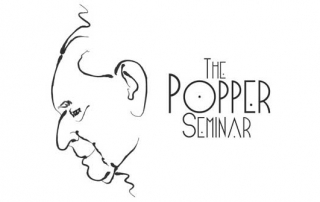
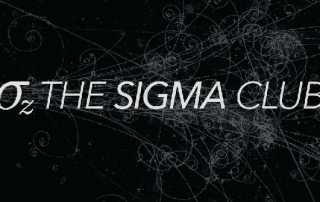
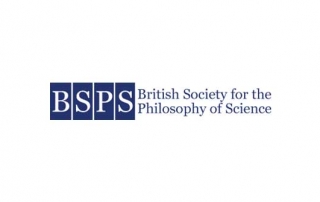
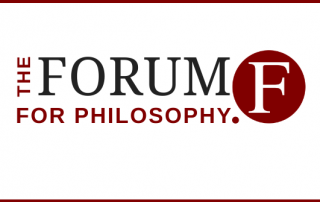

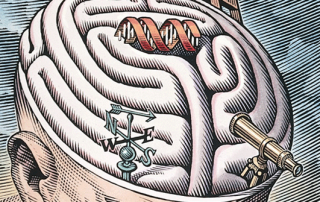
Connect with us
Facebook
Twitter
Youtube
Flickr